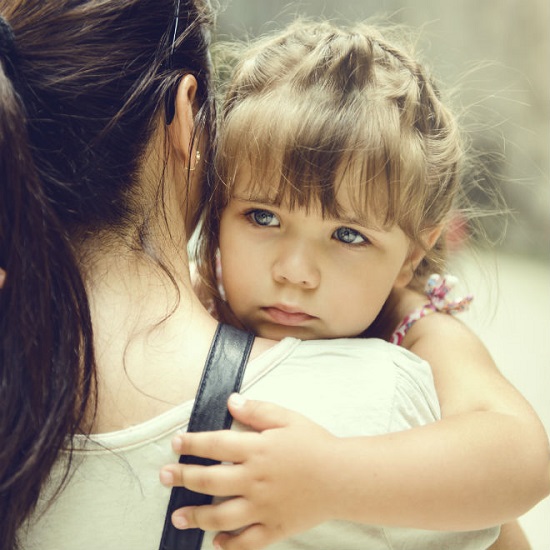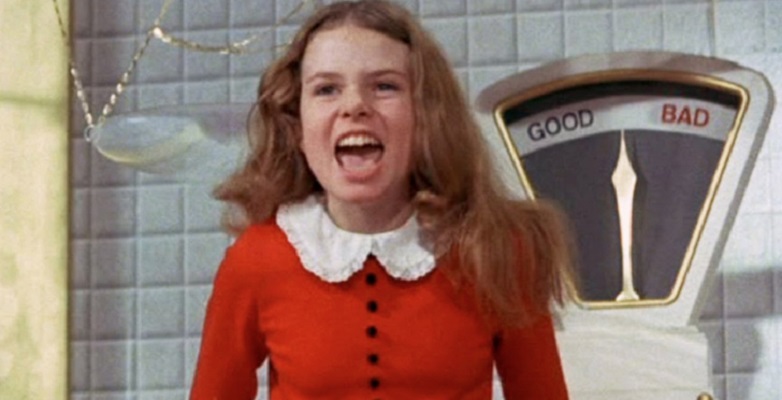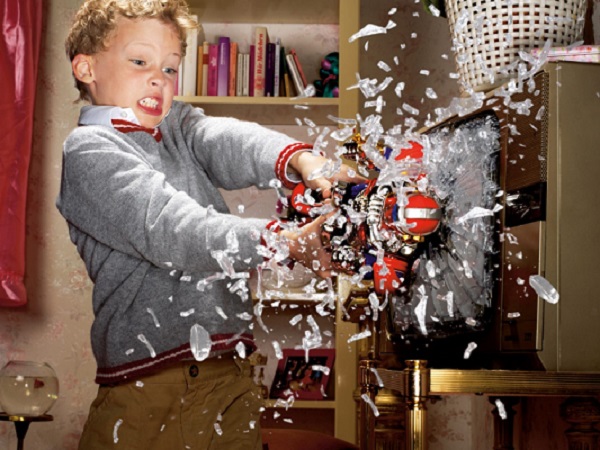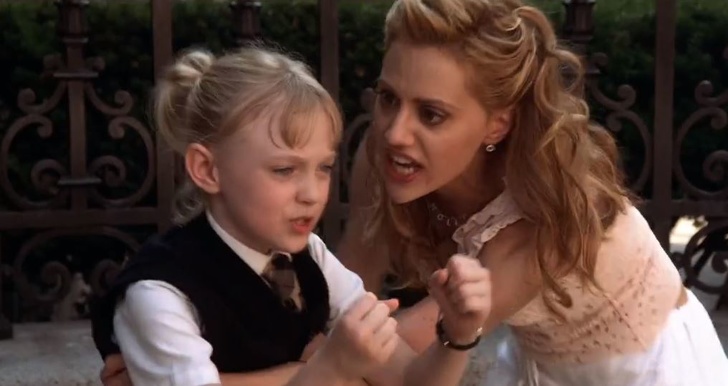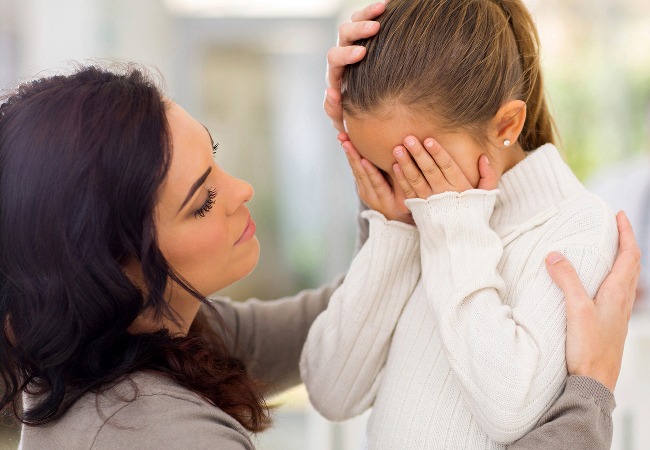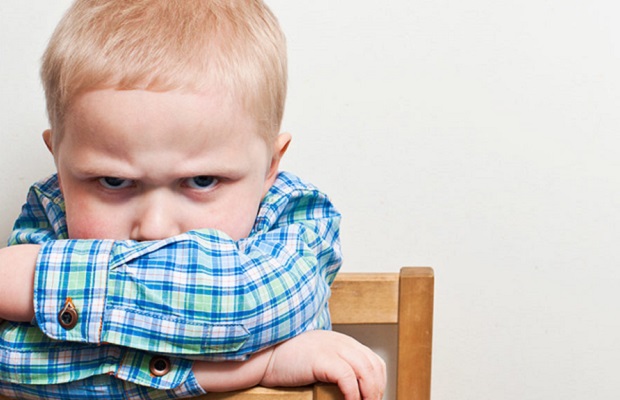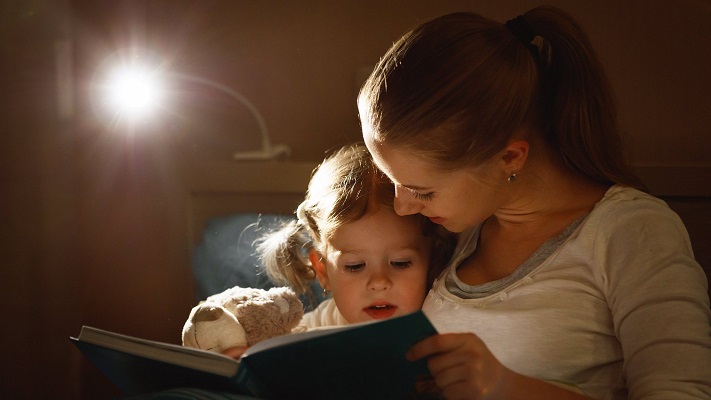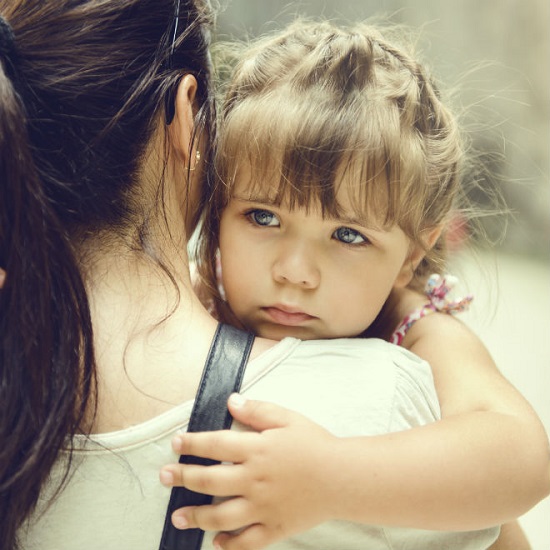If your child has a rebellious behavior, then you will have a hard time. Knocking some sense into an angry child can be actually frustrating. Most of the time it is hard to permeate a child when he is at his stubbornest point. It worsens the situation also. Eventually, you might end up being as upset as the child. You would sincerely wish you had not tried anything in the first place. Then what is the remedy in such cases? There are certain one-liners that can work like magic to your child and calm him down.Here are some hand-picked ones –
1. “It’s okay to be upset.â€
Emotions should not be bottled, especially those ugly, pot-boiling ones. At the same time, you should understand that everybody, including you is human, so it is natural to have emotions. When you see your child is facing the blues and is grumpy about the whole situation, saying, “It’s okay to feel upset†or “It’s good to let it out†acknowledges their feelings. It also lets them understand that feeling emotional is important.
2. “I get angry too sometimes. Let’s try out our warrior cry to get those angry feelings in check.â€
If you let a warrior cry and scream the pain out, then you will certainly feel better. At times, it is better to do this. That’s because an irrational action breaks the monotony of the brain and helps in the release of Oxytocin, a stress-relieving hormone. When you are really mad, you feel stuffy. Anger is an outcome of pain. Vocalizing it improves the tolerance.
3. “You seem to be feeling sad.â€
Sometimes, it is hard to know why they are acting in a certain manner. It is because they find it hard to put their feelings into words. This inability frustrates them more. If you really want to help the child out then you can always try to suggest what they’re feeling. This is what the Neuro-Psychiatrist Dr. Dan Siegel calls, “name it to tame it.”
4. “When you throw your toys, I think you don’t like playing with them. Is that what’s going on?â€
When your child is throwing toys, then there’s one way to stop him/her. In place of yelling, “Stop throwing things!â€, you should first approach them cautiously. Help them in communicating their feelings to you. By using this phrase, you show them a different perspective. It also helps them to become calmer and more rational.
5. “You fell and your knee got scratched. Ouch!â€
Most of the times we try to distract the kid from the source of pain. It can be a bad ploy. Rather than diverting their attention, focus right on it. Otherwise you are minimizing their feelings and sensitivity. If you teach them to respond by saying, “Get up. You’re fine,†then they will behave in the same manner with you. It is better to help kids to comprehend their feelings. This will help them in the longer run.
6. “It’s OK to be angry, but I won’t let you hit. We need to keep everyone safe.â€
Trying to understand your child is important, it is also necessary to curb the aggression in their feelings. You should make them avert from the usage of violence. In place of a “Don’t you dare hit!†warning, give a subtler signal. That way you are sending the child a clear message that there an emotion needs to be expressed and addressed healthily. Having emotions is fine, but the action you resort to while expressing it is far more important.
7. “How you feel right now won’t last forever. It will pass and you will feel better again soon.â€
In the heat of the moment, emotions get overwhelming. Teach your child about the temporary blinding of rationality. Tell them that your child it is not the end of the world and that they should move ahead. Reminders like these will help them develop a strong personality with enough restraint.
8. “I will move over to the couch and I am here for you when you want a hug.â€
At times, it is better to give a child some space. You just have to know when. If your offer for help is rejected, then don’t feel offended. The child needs to learn to cope on his own, so they need to trust themselves. However, your guidance is equally required. You may want to let them know that you are still around if they need any sort of support.
9. “Can we start over?â€

Sometimes situation tends to escalate quite quickly. Instead of using force or any other sly tactic, confront them head-on, but in a peaceful manner. Suggest them to think things over, before their rage blinds them from taking an impulsive decision. This is a great way to get through anger, especially when nothing else works.
10. “What can we learn from this?â€
It is always best to encourage your child to learn from mistakes. You need to teach them that everything in this world is flawed and that nobody is an exception. There is always something positive that they can learn from their tantrum sessions. Learning from their emotions will teach them how to handle them better next time.
11. “Would you like to ask him if you can play with that toy afterward? We can play with this while we wait.â€
At one point of time, every parent has gone through this, still they do not know how to handle it. When your little one is enchanted with a toy that another kid is playing with, you can suggesting them an alternative. You allow them know that it’s possible to get what they want. But there is a proper time and way to have it. Otherwise, later in life they might have trouble controlling their impulses.
12. “Let’s go to our calm down space together.â€
Whenever a child is throwing a tantrum, it is inadvisable to be stern and authoritative. By saying, “That’s it, you’re getting a time-out!†or “Go stand in the corner!”, you are sowing the seeds of a rebellion.By using the phrase mentioned above, you brew re-connection. If you make them feel isolated by using punishment or hard words, it will impact their tender minds. This, in turn, will only lead to a power struggle.
13. “I see you haven’t brushed your teeth. Do you want to brush Elmo’s teeth first or yours?â€
It’s difficult to understand, but many toddlers hate brushing their teeth. But being a parent, you can’t ignore their dental health. In fact, dental health can lead to a lot of physical complications. Toddlers throw tantrums to avoid brushing. By giving them a responsibility with choices, you are giving them some sort of control and the outcome is a win-win situation.
14. “You are safe.â€
Children may be more vulnerable if they are afraid. That is why they throw tantrums, just because of the fear they are experiencing right now. They may even be afraid of the consequences even after they have taken the necessary precautions. If you tell them in a calm and composed way that they are safe, they are more likely to be able to cope up with the situation better.
15. “You’re not eating your food. What can we do to make this food yummy?â€
Compelling your child to eat his/her food at the dinner table can be quite a task. If you want to punish them by saying, “Eat your food or you will go to bed hungry!â€, then you are seriously compromising on their mental and physical health. But if you deal with your children tactfully, then both of you could gain and not lose in this situation.

